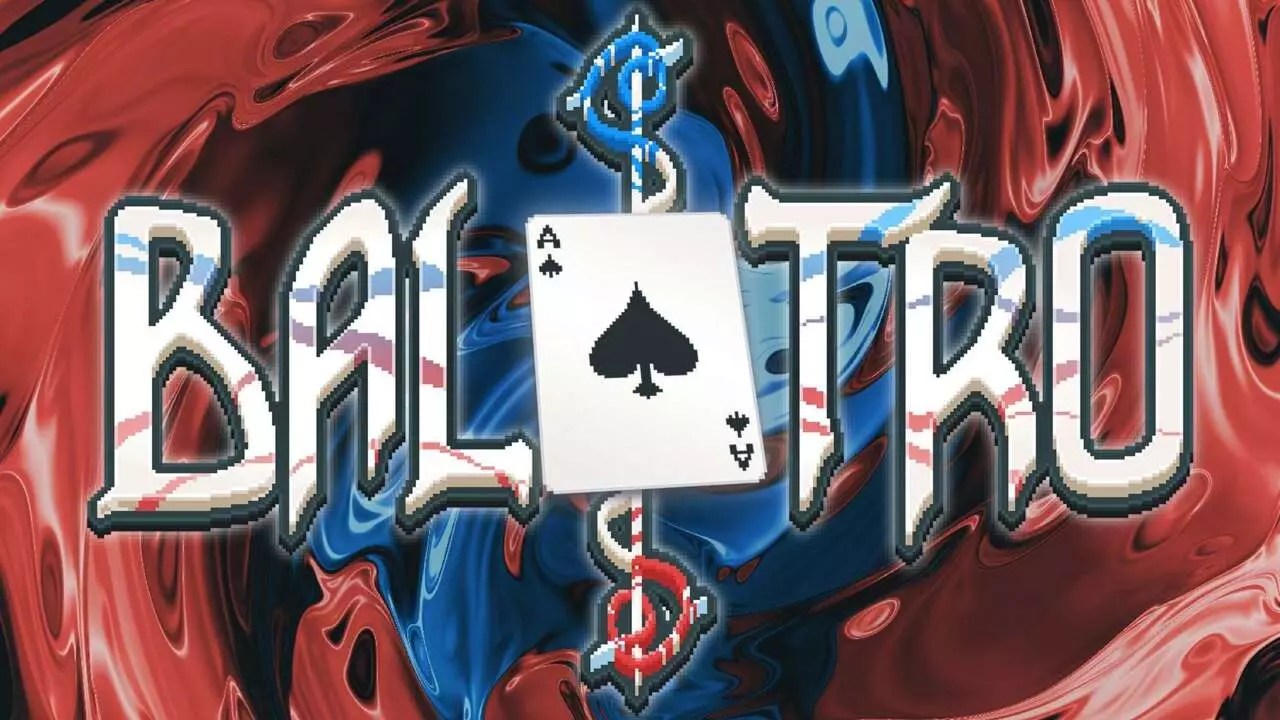Earlier this year, the roguelite game Balatro received an 18+ rating from the Pan European Game Information (PEGI) board, igniting a heated debate about game classification standards across Europe. The developer, LocalThunk, expressed their discontent through a series of tweets that satirically suggested including “real gambling” elements in the game in a bid to lower the rating to a more palatable 3+, akin to the recently launched EA Sports FC 25. This situation raises questions about the integrity of the rating system and highlights potential discrepancies in how games are evaluated based on content.
PEGI justified its decision by noting that Balatro incorporates real poker hands, asserting that this could inadvertently educate players on gambling mechanics that might be applied in real-life scenarios. By emphasizing the presence of gambling imagery, PEGI deemed Balatro suitable only for adults, contrasting sharply with EA Sports FC 25, which features similar monetization strategies yet maintains a 3+ rating. This inconsistency points to a possible double standard in game regulation, where games that utilize similar elements are judged by different criteria, leaving many to question the reliability of the classification process.
LocalThunk’s developer cleverly utilized humor to address the rating issue, proposing that incorporating loot boxes or microtransactions, elements already prevalent in many games, could allow Balatro to circumvent its high rating. This satirical commentary not only underscores the absurdity of the situation but also highlights a broader concern regarding the normalization of gambling mechanics within games aimed at younger audiences. LocalThunk’s stance resonates with many industry observers who argue that PEGI and similar boards need to adopt a more consistent and rigorous framework when it comes to classifying games that contain gambling-related features.
Despite its contentious rating, Balatro has enjoyed remarkable success since its launch, boasting sales figures exceeding 3.5 million copies and receiving accolades at The Game Awards. The game’s innovative mechanics and engaging gameplay have propelled it into GameSpot’s top ten games of 2024, showcasing that critical reception can triumph over regulatory hurdles. This success story serves as both an inspiration and a case study for other developers navigating the complex landscape of game ratings and the implications for marketing and audience reach.
The clash between Balatro and PEGI serves as a crucial reminder of the challenges developers face in an increasingly complex regulatory environment. As gaming continues to evolve, the debate around ratings will likely intensify, necessitating a reevaluation of standards to ensure fair and transparent classification processes. Developers like LocalThunk are now at the forefront of advocating for necessary changes, pushing for a gaming ecosystem that respects both creativity and responsible consumption, ultimately defining the standards for future gaming experiences.


Leave a Reply